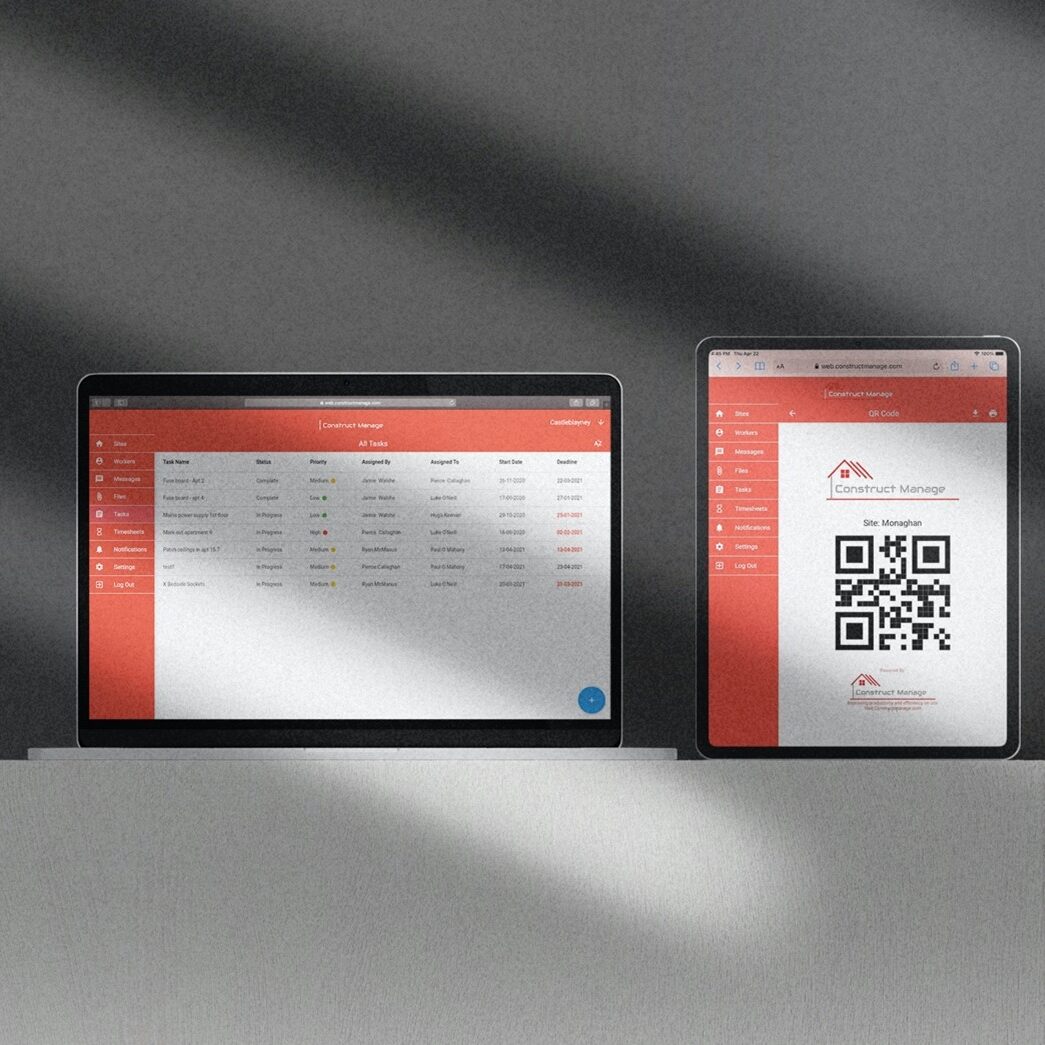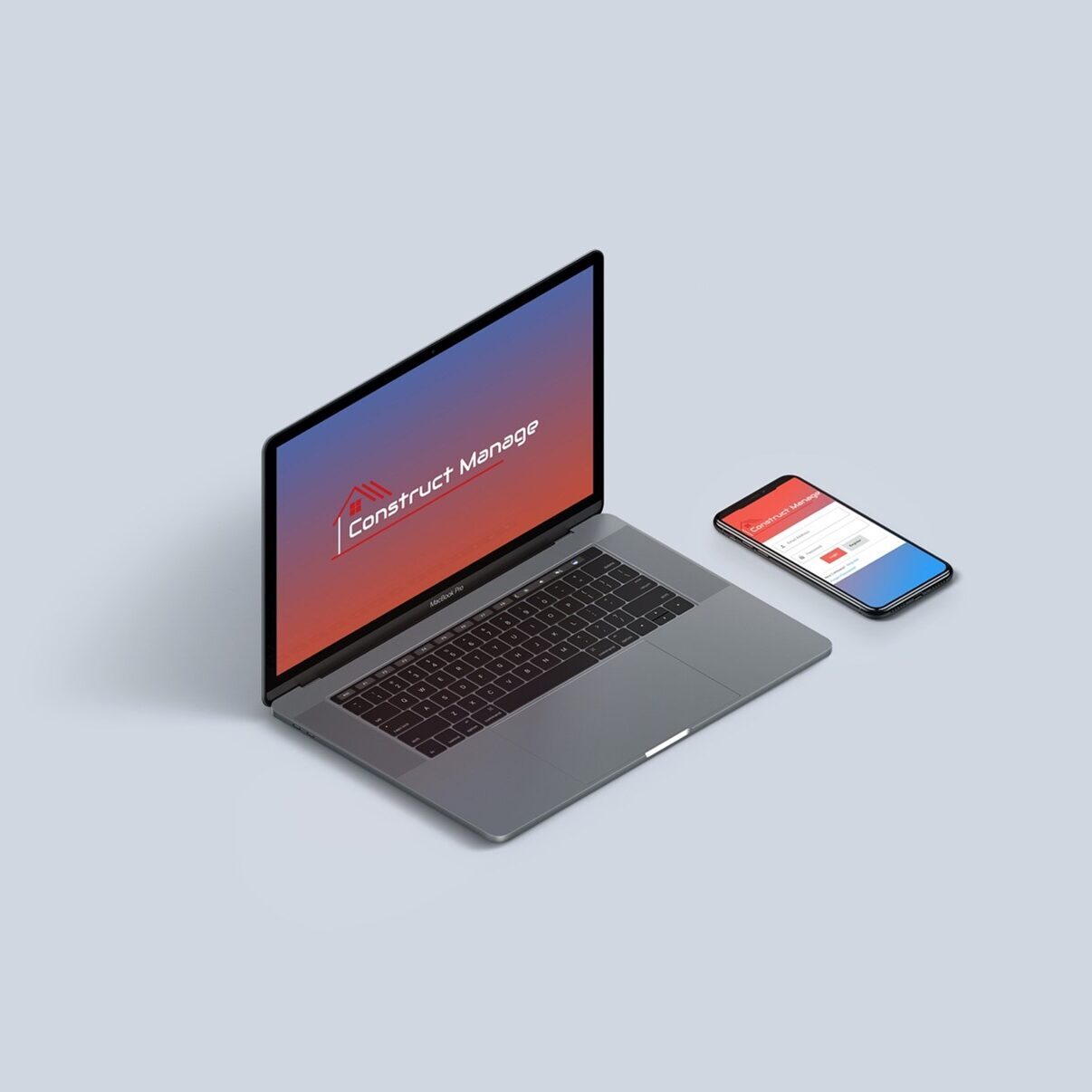The purpose of technology in construction, like any industry, is to help drive the industry forward. Defined by the Construction Industry Institute as “the collection of innovative tools, machinery, modifications, software, etc. used during the construction phase of a project.”, today, the developments of construction related technology is moving at such a speed that could not have been predicted as little as five to ten years ago. The likes of 3D printing, mobile apps, drones, connected equipment, connected tools and VR (Virtual Reality) are being used on job sites across the world.
While construction companies still continue to underinvest in tech, results of studies and trends in venture capitalist investment into firms at the forefront of construction technology development indicate that the reliance on technology in the construction industry is only set to increase and impact the performance of the industry in a number of different areas.
Research from McKinsey & Company highlights how productivity in construction has remained flat for decades. They also outline how traditional methods in construction, at various different levels, are becoming outdated with the era of technology allowing companies to operate more efficiently whilst maximizing output. The areas in which they say performance in these practices allow the strong performers when executed well to be set apart from the rest, are all areas that simple technology enables companies to perform better in these areas. The practices are overinvestment in the planning of a job, the use of prefabrication and preassembly methods, building structures to cooperate on project performance and minimization of waste.
A 2019 survey from the Construction Industry Federation (CIF) shows that 72% of Irish construction companies say that implementation of new technologies has improved their productivity in the industry. Other findings in the survey highlight attitudes in Irish construction towards future trends and developments in the industry. Close to a 50/50 split, with 56% of Irish firms saying that they can potentially see a future where the number of workers on site is reduced with the implementation of robotics or AI (Artificial Intelligence). This emphasises a strong sense of optimism within the industry despite the aforementioned reluctance among construction firms to invest in and adopt technology into their day to day work. Only 54% of construction companies had invested in new technologies in the 12 month period prior to the CIF survey. The inevitable benefits from implementing this will eventually lead to technology becoming an integral part of construction, will not necessarily mean a loss of jobs within the industry.
Despite the industry as a whole being slow to embrace modern tech, there are signs that this will no longer be the case moving forward. The future construction industry is all about modern tech. While in the CIF survey, 62% of respondents stated that Building Information Modelling (BIM) technology was considered to be an important part of their business going forward, there are endless examples of other types of tech that overtime will become integral to how construction operates. GPS tech in equipment, the implementation of blockchain technology, 3D printing, drones, site management software, wearables etc. It’s hard to quantify in a short list just how many applications of tech in construction there is. Indicators show that the integration of technology into the industry and early adaptation can be leveraged to the advantage of the user, in many cases the use of some of the types of technology mentioned above are the expected standard in winning bids and being awarded job contracts. The days of slow adaptation are behind us, Tom Parlon has said that a “tech-enabled construction industry isn’t far off in the future.” Early adaptors will continue reaping the benefits as the “tech revolution” in construction continues.
“Tech-enabled construction industry isn’t far off in the future.”
In relation to efficiency, overall trends in construction show that there is an increased focus and demand on more efficient and faster building methods. The major trend here is the use of industrialized construction approach, which shifts the emphasis away from the site and moves the completion of these tasks to factories. The concept of preassembled building is not new, however the development and advancements of technology has made these methods much more accessible as well as much more efficient. Using strategies like this allows common difficulties and challenges encountered during the construction process to be negated i.e. delivery speed, quality control, sustainability etc. 3D Printing has only further enhanced the accessibility to employing strategies like these. Being able to print parts of a project off-site to exact specifications and to then be able to mass produce these pieces to use repeatedly throughout a project brings efficiency and productivity to new heights. The implementation of blockchain technology will allow supply chains to be analysed more closely and increase their functionality. These examples highlight the nature of how technological developments will fundamentally change the operations of jobs and projects into the future.
Improving productivity and efficiency through collaboration technology is another major trend in construction technology. One of the main issues facing construction projects today is the fragmented nature of the industry. The adoption of BIM technology as well as mobile technology can allow for the communication and collaboration processes on site operate much more efficiently. One of the major impacts covid has had on the world as a whole is the nature of people not being able to meet up in person, with video call software becoming an integral part of almost every industry. The use of this type of technology going forward has many benefits which will have been realised by most over the last year, with the major benefits being the ability to host impromptu meetings, facilitating instant communication with little disruption to the work day. Smartphones and mobile applications, like Construct Manage, allow for real-time communication and timely issue resolving.
While the industry as a whole has been slow to embrace technology, the overwhelming benefits of its various guises and applications throughout the industry are unavoidable. We are now at a stage where the firms who are not investing in technology as an integral part of their future operations are not able to hold onto their competitive advantages as they are unable to adapt strategically like those who are integrating tech solutions in an efficient way. A refusal to adopt innovative solutions is as good as a death wish with the rapid speed at which construction and tech are becoming intertwined. CIF Director General, Tom Parlon has said that “The future of construction is digital. It will improve productivity. AI can reduce workplace accidents, foster collaboration that makes us more efficient.” Building an innovative, forward thinking and future proof strategy that embraces change, will allow firms to operate with enhances productivity and efficiency and prepare for the future of the tech revolution in construction.
Construct Manage is available to download now. Get in touch today to learn more about starting your free trial.




Recent Comments